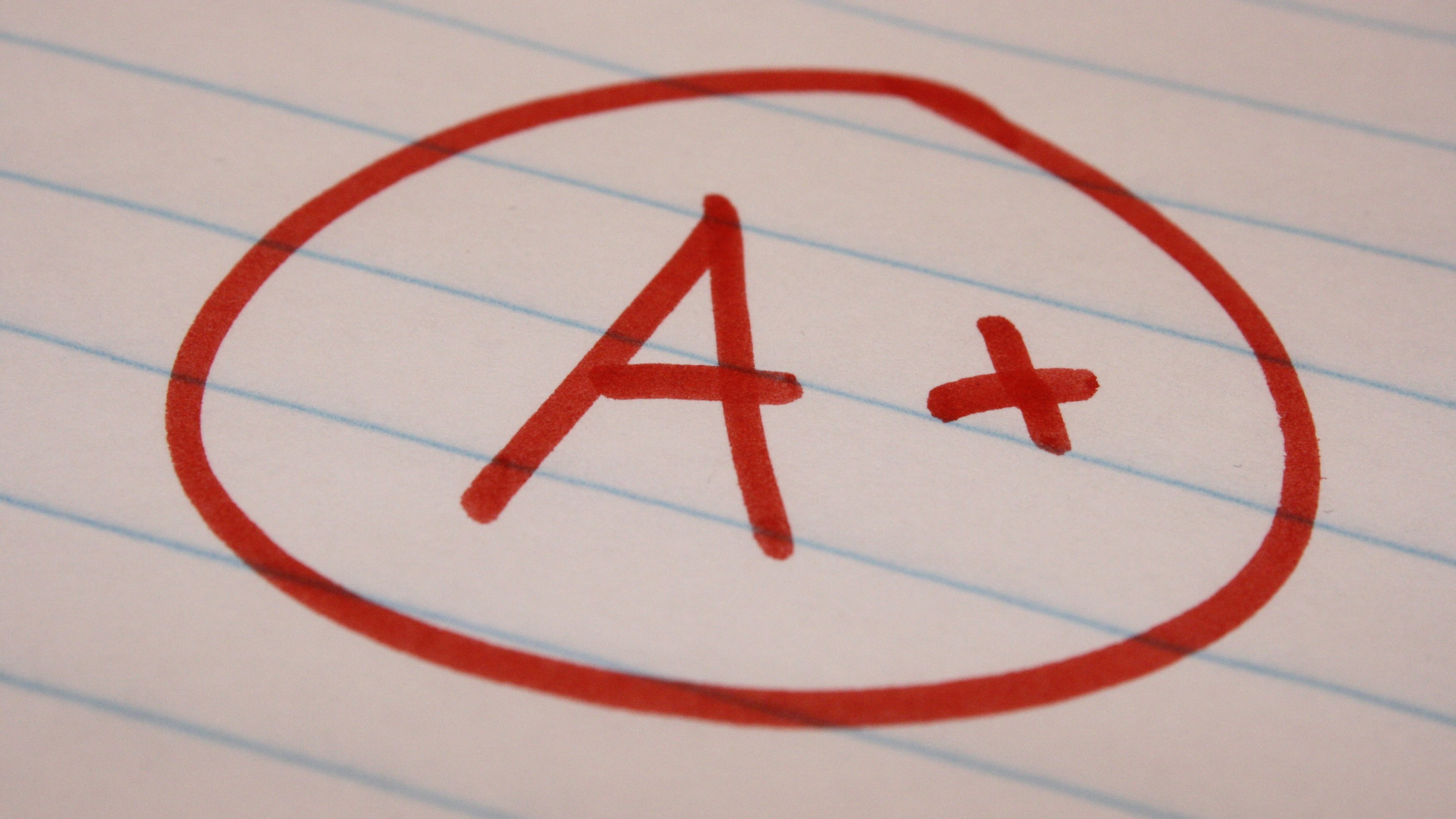Grade inflation debate: A for effort or A for everybody?

The debate over grade inflation and whether As and Bs are now handed out like Costco samples is drawing more attention amid COVID-19.
In their ongoing analysis of college grades over time, Chris Healy of Furman University and Stuart Rojstaczer of Duke documented the disappearance of the once durable and respectable C and the surfeit of As and Bs on college transcripts.
In a notable Slate essay, college professor Rebecca Schuman wrote: “Thanks to American K-12′s relentless culture of assessment and testing, everything our students have done since the age of 5 has been graded—but almost all of those grades have been ‘exceptional,’ so the exception is now the norm. Now we’ve got high schools with 34 co-valedictorians—hell, why not just make everyone valedictorian, just for being alive?—et voila, students enter college having never gotten anything but an A for their entire lives.”
On the K-12 front, more than a few teachers met the news that Georgia hit an all-time high school graduation record this year with skepticism. Those teachers noted the pandemic likely gave students a boost in their grades, along with a reprieve from state end-of-course tests that could have lowered their GPAs.
In the spring when the pandemic shifted thousands of classes online, teachers were encouraged to grade with “grace.” For example, Georgia State University advised its faculty: “Your students have experienced serious disruption in their lives and may encounter inadequate technology, financial exigencies, and other barriers to effective learning. We need to be thoughtful, flexible, and above all, compassionate toward our students and ourselves as we navigate these uncharted waters together.”
It appears compassion was offered. For example, the University of Georgia reported the average GPA for UGA students was 3.76 in spring 2020, compared with 3.63 in spring 2019. UGA leadership credited faculty for providing “outstanding online learning experiences” and students for “extraordinary resilience,” but it’s possible that sympathetic professors, aware the overnight migration to remote learning was rocky, graded with kindness.
If the UGA faculty reduced demands on students, they were not alone. An April survey of more than 800 U.S. higher education staff from over 600 different institutions showed two-thirds of faculty changed the assignments or exams they gave, nearly half reduced the amount of work they expected students to complete and a third lowered their expectations for the quality of that work.
On college parent forums, threads on grades have drawn hundreds of complaints lately about professors who “barely teach” and then put their students through grueling exams. (In general, the parents on these forums believe faculty should be required to teach in person as they feel their kids are being cheated by remote learning.) Many parents have reported complaining to college presidents and deans about dings to their child’s previous stellar GPA from a low grade in organic chemistry or finance.
Grades are also worrying high school parents who say virtual learning and swiveling from face-to-face to remote due to quarantines have left their children struggling. Parents have urged the state Board of Education to minimize, if not totally erase, the impact of end-of-course tests this year on grades. The high-stakes exams -- mandated by the federal government -- normally count for 20% of a student’s final grade in core high school courses.
As one parent wrote on a state survey on whether the tests should count, “Our children have already experienced and lived through more stress than young people should even have to think about. Our county has now been over half a year with no face-to-face, and the students have no control over this. Putting this extra stress on a student causes more harm than help.”
End-of-course tests have become a beacon in the research on grade inflation, including a new study out of Florida that compared scores with student grades. Researchers Steven Birnholz and Eric Frey found 72% of English 2 students and 55% of Algebra I students who did not pass the related end-of-course test received a course grade of C or higher.
“Moreover, 37% of 10th Grade English students and 12% of Algebra I students who did not pass the corresponding EOC received a course grade of B or higher. While our research does not include student data from the COVID–19 pandemic, we hypothesize that the pandemic has increased the identified rigor gap due to, among other things, more lenient grading practices and issues related to delivering high quality distance learning,” wrote the pair in their study.
In a column last week, Birnholz and Frey elaborated on their concern that COVID policies could widen the rigor gap:
These include “do no harm" grading, pass/fail systems, or even “no grade issued" approaches. This lack of incentive to work to raise a “C" to a “B"—or to receive any grade at all—likely decreased many students' mastery of standards typically covered in the latter half of the school year. The effects were further magnified by the cancellation of year-end summative assessments based on the suspension of federal requirements. If a second year of waivers were to be granted, some students could be halfway through high school without an honest answer to how prepared they are for their desired future.
What are your thoughts? Is there rampant grade inflation and has COVID only worsened it? Should schools and colleges even focus on grades during the pandemic?

